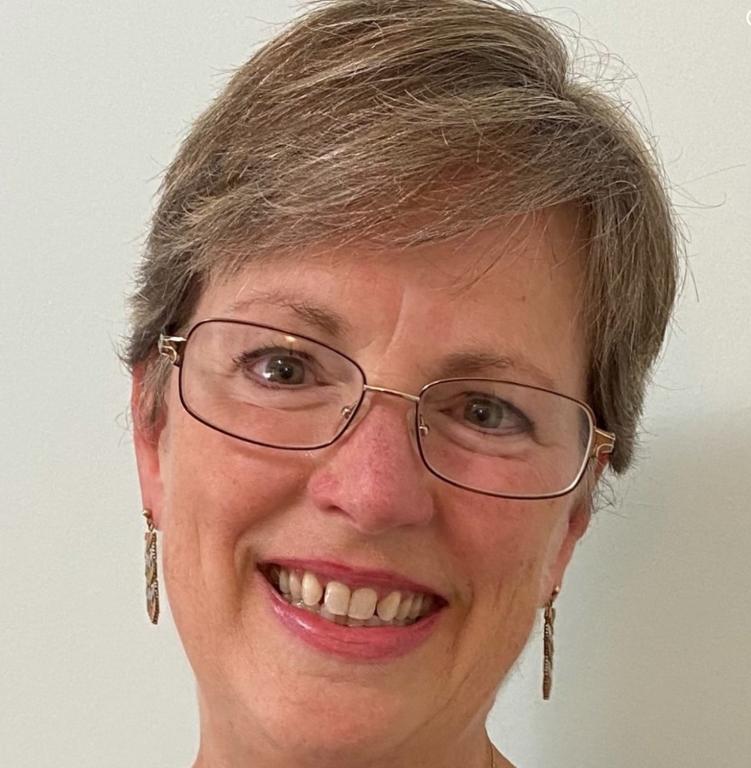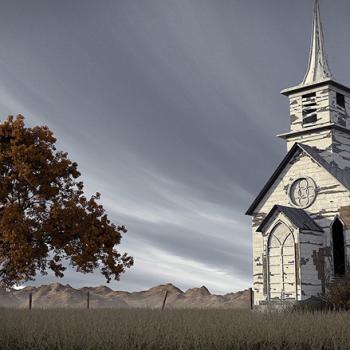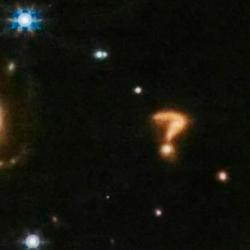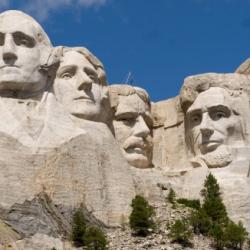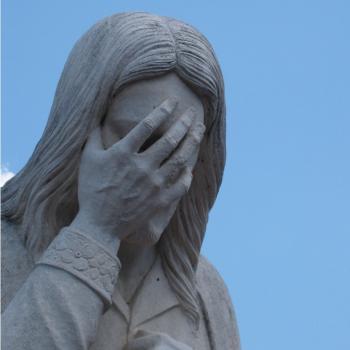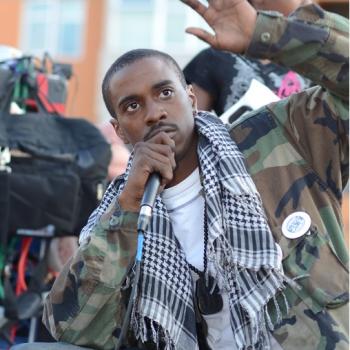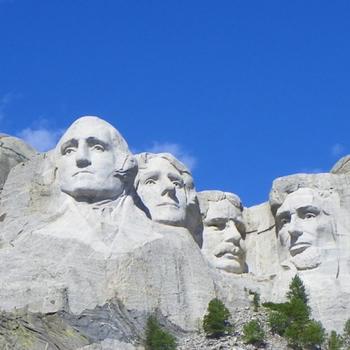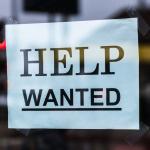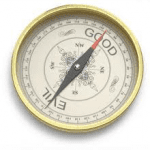Is this water apartheid? Recent viral videos show the Israeli Civil Administration overseeing Israeli soldiers and workers as they fill Palestinian water wells with cement – in the middle of a sweltering summer, and with no reasonable alternative for the Palestinians to obtain water.
Christians, we should care deeply about this situation! Is modern Israel really the apple of God’s eye, if this is how it behaves? Does it deserve our unconditional support? Are Palestinians perhaps “the least of these,” to whom we should show compassion?
by Kathryn Shihadah, reposted with permission from If Americans Knew
About 300,000 Palestinians and 400,000 Israeli settlers live in the part of the Palestinian West Bank known as Area C. Both the Israeli settlers and the Palestinians live under full Israeli control. But because these Palestinians are not Jewish, Israel feels no obligation to provide them with water (or electricity, or roads, or schools) – in fact, Israel’s water ministry goes out of its way to bypass Palestinian villages when laying infrastructure.
The incident in the viral video occurred in late July 2023, just weeks after Merkerot, Israel’s national water company, had without explanation cut water quotas to the Palestinian cities of Bethlehem and Hebron. This was not a one-time occurrence, but a continuous experience for Palestinians as they deal with what can only be called “water apartheid.”
“DISASTER ZONE”
On average, Israelis consume 247 liters (65 gallons) of water per person per day. Israeli settlers in the Jordan Valley use even more: 400-700 liters (105-185 gallons).
Meanwhile, Palestinians in the West Bank use about 82 liters (22 gallons) per person per day. Palestinians living in Area C – a large percentage of them herders or farmers by trade (and thus in need of water professionally and personally), have access to a mere 26 liters (about 7 gallons) per day.
The Associated Press reports that 7 gallons a day “is so far below the World Health Organization’s minimum standard of 50-100 liters (13-26 gallons) that [the area] is ranked as a disaster zone.”
This is not an oversight. Israel decides how much water to allocate to each population group. The tiny Israeli settlement of Ro’i receives 431 liters per person per day, while the adjacent Bedouin village of Al-Hadidyah receives just 20 liters – because of water apartheid.
[NOTE: Israel created the settlement of Ro’i by expropriating over some of the farmland belonging to the Palestinians in Al-Hadidyah. In a short time, Ro’i was connected to all utilities; Al-Hadidyah has never been connected.]
Recent reports by Amnesty International (AI) and Human Rights Watch (HRW) go into detail about Israel’s discriminatory practices.
(Commercial: if you question “business as usual” in Christianity – or want to question it – subscribe to my newsletter, and we can journey together!)
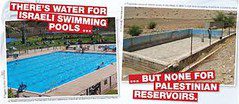
RELATED POST: Dear Jewish Americans, can we talk…about apartheid?
PALESTINIANS TRY TO COPE WITH WATER APARTHEID
Water is a matter of survival in arid Palestinian regions. Temperatures can soar to 108 midday.
Palestinians have strategies for dealing with the water shortfall: catching rainwater in tanks or cisterns, digging their own wells and springs, or if all else fails, buying water at exorbitant prices from private vendors.
But Israel is always one step ahead: soldiers and settlers often shoot holes in tanks; wells may be destroyed, or settlers may simply take over a well if they like it; springs may be filled in, or confiscated and turned into Jewish-only swimming and recreation areas.
Even the tiny amounts of rainwater that Palestinians collect are watched and often sabotaged: since 2021 alone, Israel has surveilled tiny Palestinian villages and demolished about 160 “unauthorized” Palestinian reservoirs, wells, and even sewage systems.
“Unauthorized” means they were built without a permit; Israel is on record as rejecting 99% of Palestinian permit applications.
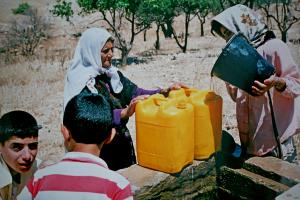
In the Palestinian village of Masafer Yatta, where running water is unavailable, up to half of the family’s monthly expenses go toward water purchased from local tanker trucks. In settlements, the cost of water is about 1%.
Palestinian water truck drivers report being regularly harassed or ticketed by the Israeli military, or having their vehicles impoundd, and then paying a steep fine to get them back.
One Palestinian Bedouin told the Israeli newspaper Ha’aretz,
Last week, four sheep died because of the heat. The problem is that I’m not allowed to build them a larger shelter. If I build one, [Israel will] demolish it straight away.
Another villager told a similarly horrific story of Israeli government workers showing up with soldiers and laborers to destroy a family cistern. In a matter of minutes, all 26,000 gallons were gone – water that was supposed to last the family and its herds the entire summer.
JEWISH ISRAELIS ENJOY ISRAEL’S “WATER SUPERPOWER” STATUS – NON-JEWISH PALESTINIANS EXPERIENCE WATER APARTHEID
While Israeli settlements – built illegally on land stolen from Palestinians – have all the water they need, some nearby Palestinian villages can not get more than a trickle. This goes back to the 1995 Oslo Accords, which legalized Israel’s water dominance over Palestinians.
This power dynamic (that is, a dynamic in which Israel has all the power, and the Palestinians have none) can be traced to the creation of the so-called Joint Water Committee (JWC).
Under the Oslo Accords, Israel was to control 80% of the water in the aquifer located mostly on Palestinian land, and Palestinians 20%; the agreement stipulated that Israel retained veto power over all Palestinian proposals – with no checks and balances in the other direction. This arrangement was supposed to last for 5 years, but is still in place – although the situation on the ground has changed drastically.
The Palestinian population has increased by 75% since 1995, but the amount of water Palestinians are allowed to extract from aquifers on their own land has remained unchanged.
In addition, Israel has become a “water superpower.” According to ReliefWeb (a humanitarian information service provided by the UN Office for the Coordination of Humanitarian Affairs – OCHA), “[Today, Israel has] an advanced, efficient water management system that is relatively impervious to the effects of droughts and climate change.”
Following a period of observing JWC meetings, repressentatives of the World Bank noted,
The JWC does not function as a “joint” water resource governance institution because of fundamental asymmetries – of power, of capacity, of information, of interests – that prevent the development of a consensual approach to resolving water management conflicts.″
An observer…called ″the interaction between the two sides during the [JWC] meetings … an exercise in subjugation and humiliation.″
Water scarcity for Palestinians is not a climate change issue – it is a human rights issue, and it has been for a long time. One eloquent Palestinian advocate describes it this way:
Water scarcity in Palestine is not simply a physical phenomenon, but a crisis manufactured by the Israeli state to control Palestinian society and industry.
Assault on the natural environment has long been a tool employed by Israel in its ethnic cleansing, as reasserted by recently released historical documents which outline Israel’s reliance on the destruction of land and crops to drive Palestinians out of their homes.
The Associated Press recently quoted one expert as saying, “The main motivation for Israeli actions are not so much about water anymore but about politics” – making this a political and humanitarian travesty in which only non-Jews are dying of thirst.
(If you are energized by challenges to the evangelical status quo like this, please subscribe to my newsletter! If you would like to comment on this post, please pop over to my Facebook page. All of my posts are there and open to constructive comment! I welcome your thoughts.)
OTHER POSTS ON ISRAEL AND PALESTINE:
- Israeli settlers’ persistent tormenting of Palestinian Christians – this is bigotry
- Christian org The Israel Guys calls for a “biblical” massacre of innocent Palestinians
- Terror attack on Church of Gethsemane, Jerusalem
- Presbyterians courageously acknowledge Israeli apartheid – what’s next?
- Evangelicals: Israel wants to keep this story hush-hush
FEATURED IMAGE: “Palestinian water tanks destroyed by settlers in Hebron” by ISM Palestine is licensed under CC BY-SA 2.0.


